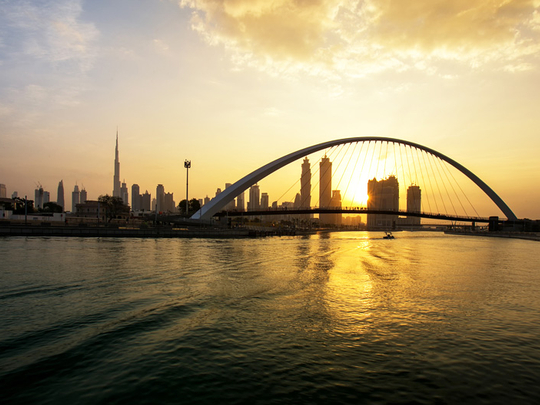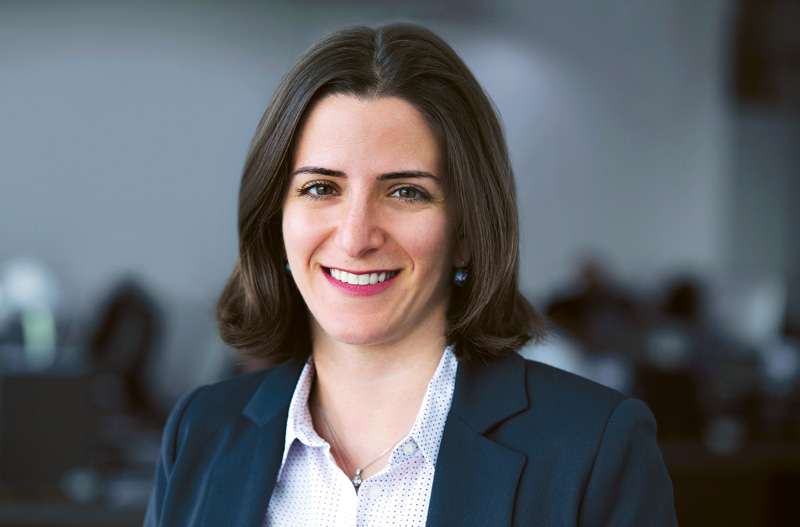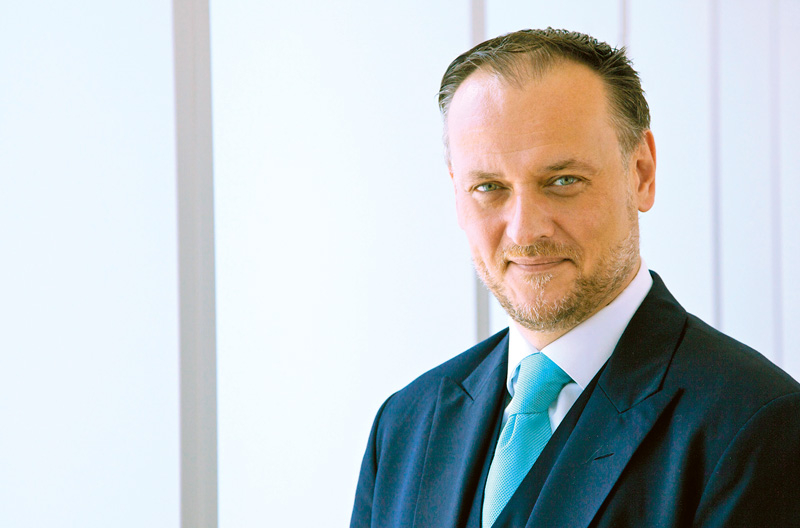
Weakend market sentiment over the last 18 months has prompted realtors to look optimistically at 2017. GN Focus asked experts across the trade what factors could impact business over the course of the year.
Regulatory impact
The year 2017 could be the best year yet for UAE real estate since 2008, given that Dubai is viewed as a favourable environment for capital growth/income yield, says Phil Sheridan, CEO Fine & Country Middle East. In part, that’s because of the new rules.
“The Real Estate Regulatory Agency (RERA) has recently made it mandatory for all owners and landlords to provide proof of ownership before their properties can be marketed.
“This is giving renewed confidence to the market and will create a more realistic environment for comparing properties/market trends. This new regulation means that for any property to be marketed, it must be uploaded on to an online Land Department system, to then only be displayed with the reference permit,” he says.
“It is possible to obtain a Dubai residency visa by purchasing property valued at more than Dh1 million, and investors will view this as attractive, given the UAE’s tax-free status and may well serve to stimulate the Dubai property market even further.”
2016: Market bottom
“Following strong growth from 2010-14, the Dubai real estate market has experienced something of a soft landing over the past 18 months,” says Craig Plumb, Head of Research, JLL MENA.
While sales prices fell 15 per cent, compared to the 8 per cent decline in rentals since their peak in mid-2014, the largest drop was early last year, and prices fell less than rentals over the year to the the third quarter of 2016 (a drop of 2 per cent and 5 per cent respectively), JLL data shows.
“There was virtually no change in either prices or rentals recorded over Q3 2016, leading JLL and dubizzle to conclude that the market is close to the bottom of its current cycle, with little further downside risk expected,” Plumb adds.
Going forward, “JLL and dubizzle are calling the bottom of the Dubai residential market and we believe the market will improve again over the next year. In other words, we expect average prices to be higher by the end of 2017 than they are currently.
“Increase in prices in 2017 is expected to be relatively modest, with prices increasing by less than 10 per cent in most of the locations.”
Polarisation and fragmentation
“2016 has seen a mixed bag of performances within the UAE real estate market, with Abu Dhabi witnessing the onset of more challenging market conditions across the commercial office, hospitality and residential sectors, driven by a softening economy and the resulting impact of weaker corporate demand,” says Matthew Green, Head of Research and Consulting, CBRE Middle East.
“Dubai’s performance has also been fragmented with a tough year for the hotel industry, which negatively impacted revenues. However, there are signs of some stabilisation in parts of the residential market, particularly within the more affordable master plan locations, although a full recovery is not expected until 2017.
“We expect 2017 to offer more positives for local real estate, though there will likely be a high level of fragmentation within each emirate and within individual markets. Likely bright spots include Dubai’s prime commercial office sector, particularly in the CBD and popular free zone locations. We also expect certain locations in the residential sector to improve.”
Expo-fuelled growth
As the UAE rolls towards Expo 2020, Rayomand Dastur, Director — Sales and Marketing, SP International Property Developers, believes Dubai in particular will stage a strong rebound next year and experience a high growth rate by 2020 due to recent regulatory measures.
“While the market is exposed to global volatilities, continued government spending on infrastructure projects leading to Expo 2020 in addition to expansion of existing infrastructure will continue to drive the market forward,” he says. “The real estate market in Dubai will carry on with sales at a steady pace through the year and investors will show their confidence in projects that are already under construction and on schedule. We are optimistic that with Dubai’s infrastructural developments we will see a healthy market growth and demand growing for residential properties in developed areas, especially in Downtown Dubai.
“Real estate is a long-term investment and in the long run the regional market looks promising.”
Top areas for investors
“Overall, we expect transaction levels to increase over the next few months as the general perception indicates the market is bottoming out,” says John Stevens, Managing Director, Asteco.
Apartments in Abu Dhabi’s Al Raha Beach, Saadiyat Island and Al Reef posted higher sales rates of 3-5 per cent over the same period in 2015, while villa demand has been strong in the new Saadiyat Lagoons District. Dubai, meanwhile, has seen a rise in activity around Al Maktoum International Airport, with new releases asking lower-than-market prices, as developers target the affordable segment.
“Those looking to buy a luxury apartment for less are being tempted by Dubai Marina, DIFC, The Greens and JBR thanks to year-on-year sales rates (Q3 2016-Q3 2015) dropping by nearly 20 per cent. Now, average sales prices for these areas per square foot start at Dh1,450 for DIFC, Dh1,320 for Downtown Dubai, Dh850 for Dubai Marina, Dh860 for Jumeirah Beach Residence and Dh1,100 for Palm Jumeirah.
As for Dubai villas, interest was highest in established communities such as The Springs and Mudon.
Commercial Market Outlook
“The slowdown in the economy and subsequent cutbacks in the job market have dampened the performance of the commercial market,” says Dana Salbak, Head of Middle East Research, Knight Frank. “In Abu Dhabi, waves of consolidation have been announced between government and related entities. In Dubai, while international occupiers remain committed to the region, these have chosen to restructure rather than expand their operations. In turn, the investment market remained subdued on the back of a shortage in investment grade stock.
“The commercial market is expected to pick up in 2017 as businesses settle to the new norm in oil prices, and blue-chip occupiers expand or set up businesses in the UAE ahead of the anticipated rush in orders in the lead-up to Expo 2020. In our view, the long-term potential for corporate taxes may not impact overall demand. On the investment side, the expected delivery of more quality-grade products and improvements in rules and regulations are most likely to attract the corporate and institutional investors.”














